Our Services
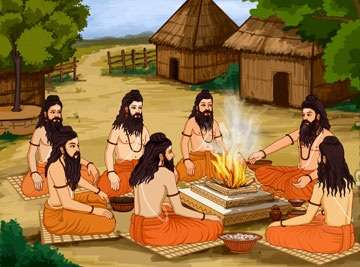
Havan
Is the term for a sacred purifying ritual in Hinduism that involves a fire ceremony. It is a ritual of sacrifice made to the fire god Agni. After lighting a Havan Kund (sacrificial fire), objects such as fruits, honey, or wooden goods are put into the sacred fire. If there are any spirits that are evil around you or even inside you they get burned off in the sacred fire.
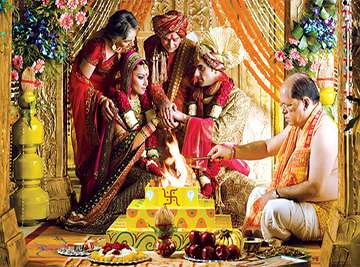
Marriage
Arya Samaj marriage rituals are very simple and straight. Based on Vedic principles, all the hymns spelled during marriages are explained to the bride and groom. The marriage is just like Hindu marriage, marriage is centered around fire and is observed as the transition of wedding couple from Brahmacharya to Grihastha Ashram.
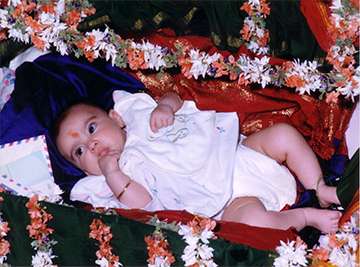
Namkaran
Namakarana is the naming ceremony in Hinduism and a Sanskara to name a baby. According to the Grhya Sutras, Namakarana ceremony is typically performed on the tenth or the twelfth day after birth. Some texts suggest the naming ceremony be done on the first new moon or full moon day after the 10th day of birth.
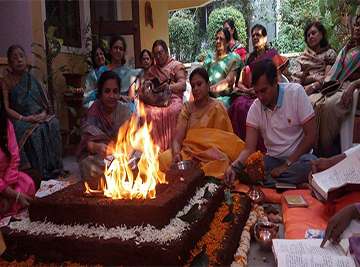
Janamdin
Janamdin Puja is generally conducted on the date of birth and is recommended as it is believed to increase one’s life. It is also said that when you conduct this pooja, prosperity is likely to come your way and happiness fills your life and growth in terms of career and studies is likely to happen.
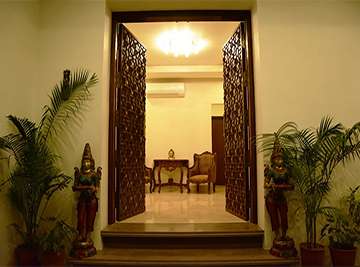
Griha Pravesh Havan
Griha Pravesh is a Hindu ceremony performed on the occasion of an individual’s first time entering their new home. The “Puja” or act of worship, is performed in various stages during the construction and entry of the home.
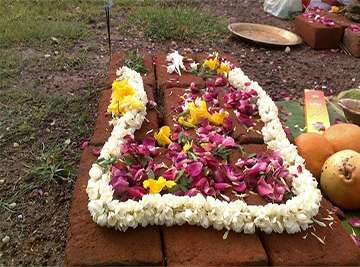
Bhoomi Poojan
Bhoomi Pooja is performed in north east -corner of the the construction site or for good agricultural yield. It is performed for Vastu Purush, Goddess Bhoomi, pancha boothas (the five elements of nature) and the deity of directions that removes all the bad effects and Vaastu doshas in the land.
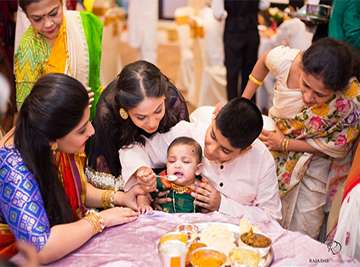
Annaprashan Sanskar
The Annaprashana Sanskar also known as Annaprashana vidhi, Annaprasan or Anna-prasanam or Anna Prashashan, is a Hindu ritual (Saṃskāra) that marks an infant’s first intake of food other than milk. The term annaprashan literally means “food feeding” or “eating of food”.
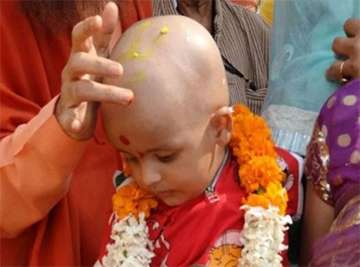
Mundan Sanskar
Among Hindus, the mundan is performed during the first or third year of a child’s life. In some regions, the mundan is done only for the male child. However, in most families girls have a mundan too.
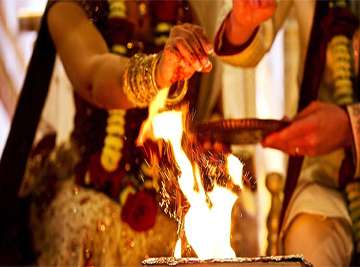
Anniversary Havan
Special Puja to be done by a couple on their Marriage Anniversary to seek the blessings of the Divine for a long, happy and blissful married life. During Puja for Marriage Anniversary, Lord Shiva and Goddess Shakti are worshipped. Just as Shiva is Shav (a lifeless being) without Shakti, in marriage one is incomplete without the other.
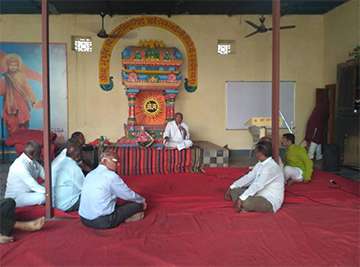
Pravachan
Arya Samaj marriage rituals are very simple and straight. Based on Vedic principles, all the hymns spelled during marriages are explained to the bride and groom. The marriage is just like Hindu marriage, marriage is centered around fire and is observed as the transition of wedding couple from Brahmacharya to Grihastha Ashram.
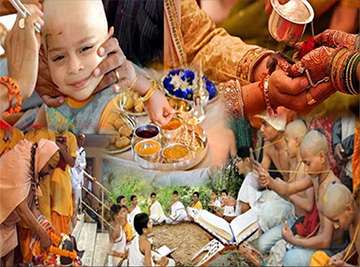
16 Sanskar
Dharma preaches that the purpose of human birth is God-realisation. The religious scriptures therefore impart guidance on how to undertake spiritual practice so as to be able to get closer to God in every incident of life, right from birth till death.
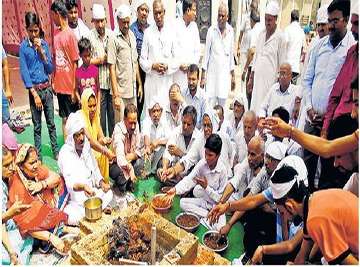
Shukh Shanti Havan
Sukh Shanti Puja is performed for well being of one’s near & dear ones. Sukh Shanti Hawan is a guide to the fountain of true happiness.
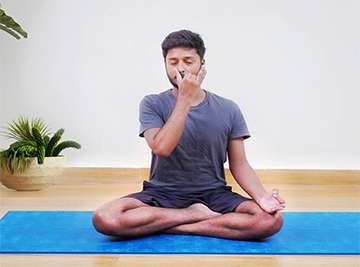
Yoga
Yoga is a group of physical, mental, and spiritual practices or disciplines which originated in ancient India. Yoga is one of the six orthodox schools of Hindu philosophical traditions. There is a broad variety of yoga schools, practices, and goals in Hinduism, Buddhism, and Jainism.

Meditation
Meditation is a practice where an individual uses a technique – such as mindfulness, or focusing their mind on a particular object, thought or activity – to train attention and awareness, and achieve a mentally clear and emotionally calm and stable state.
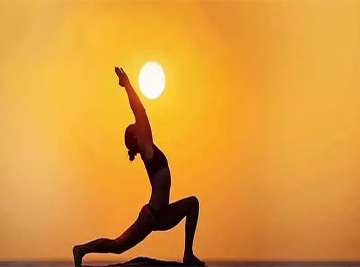
Asan
An asana is a body posture, originally sitting for meditation, and later in hatha yoga and modern yoga, including reclining, standing, inverted, twisting, or balancing as well as seated poses. The 5th century BC Yoga Sutras of Patanjali define “asana” as “to be seated in a position that is steady but relaxed”.

Power Yoga
Power yoga, on the other hand, is a vinyasa- or ashtanga-style, flow yoga; power yogis move quickly between poses, but the poses often focus on building strength rather than flexibility. (Any type of yoga will improve your flexibility; I’m speaking in relative terms here.)

